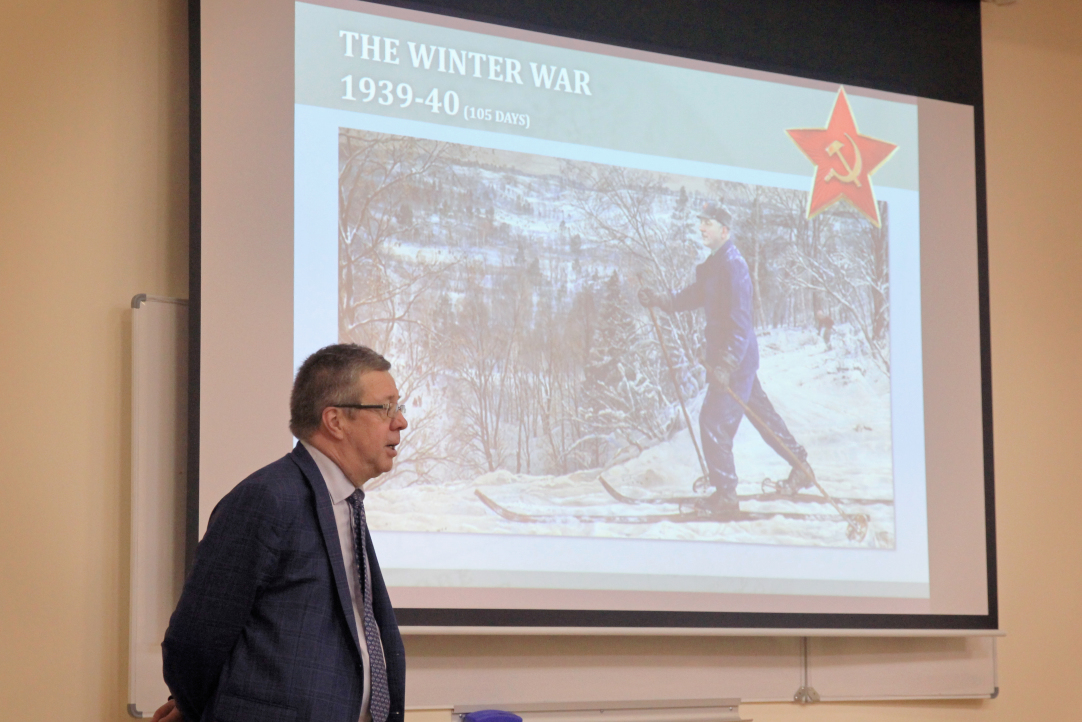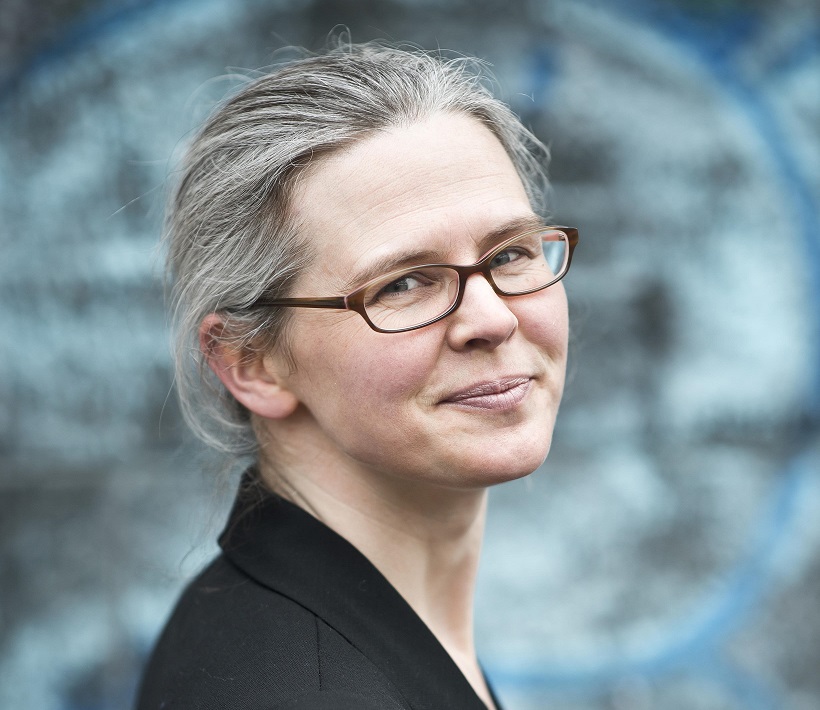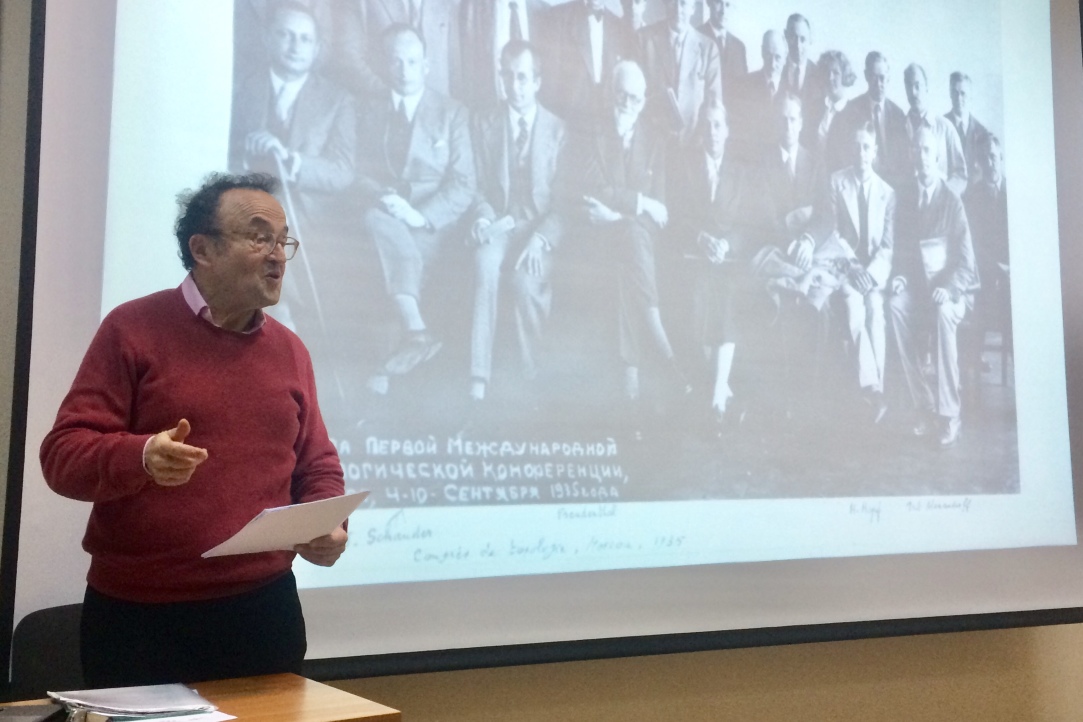On November 21-22, HSE International Laboratory for the Study of Russian and European Intellectual Dialogue organized an international conference ‘Memory As a Historical and Cultural Phenomenon: Russia and the West, XX-XXI Centuries’. HSE News Service has talked with one of the conference speakers, Richard Tempest, Associate Professor and Director of Graduate Studies at University of Illinois at Urbana-Champaign, about his vision of historical memory and his research of Solzhenitsyn.
Tag "HSE guests"

On June 24-25, HSE University held the international academic conference, ‘The 1990s: A Social History of Russia’ organized by International Center for the History and Sociology of World World War II and its Consequences, the Boris Yeltsin Center, the Egor Gaider Foundation, and the Friedrich Ebert Foundation. HSE News Service spoke with Roberto Rabbia, one of the international participants, about how he became interested in Soviet history, why he reads Soviet newspapers, and what he has learned from his research.

In March, the International Center for the History and Sociology of World War II and Its Consequences at HSE welcomed Eleonor Gilburd, Assistant Professor of the History and the College at the University of Chicago. Professor Gilburd presented her book 'To See Paris and Die: The Soviet Lives of Western Culture' which deals with the history of translation, cultural diplomacy and exchange and the interpretation of Western texts by Soviet audiences in the mid-20th century. She spoke to HSE News Service about her research.
On March 19 and 22, Per Durst-Andersen, professor in the Department of Management, Society and Communication at Copenhagen Business School, gave three lectures at the Higher School of Economics on topics that fall under his current research interests, which focus largely on cognitive linguistics; communicative and linguistic typology; language, culture and identity; semiotics; and the philosophy of science. A well-known expert in cross-cultural pragmatics and specialist in business communication, Professor Durst-Andersen delivered the lectures as part of the ‘Language in the Universe of Culture: Russian Communicative Style’ course.

On September 26 and 27, the HSE School of Philology hosted Professor Brian Baer of Kent University (Ohio, USA) for a lecture entitled ‘The Translator’s Biography in Soviet and Post-Soviet Russia: Art, Politics, Identity’, followed by a workshop on ‘Teaching Translation Studies’. Following his lecture and workshop, Professor Baer spoke with the HSE News Service about his career as a translator, the role of the translator in society and his recommendations for international readers looking for exposure to Russian literature.
